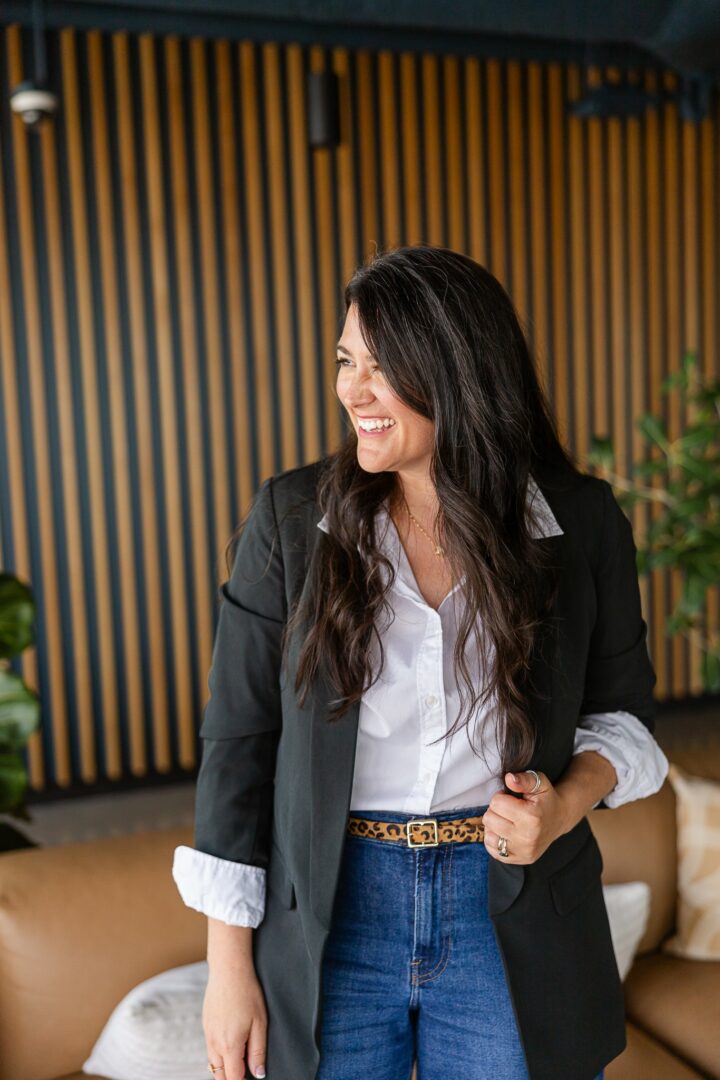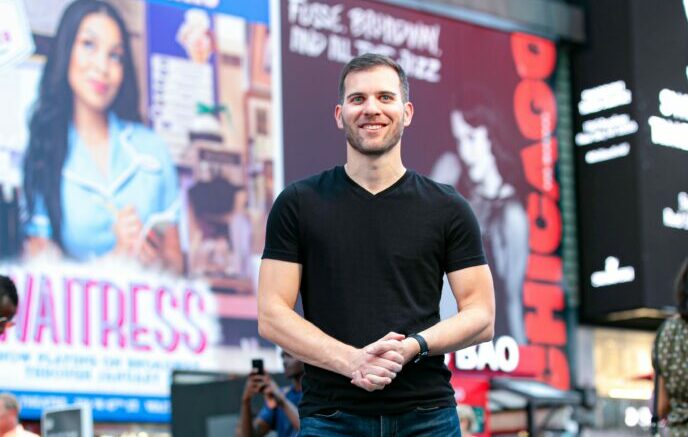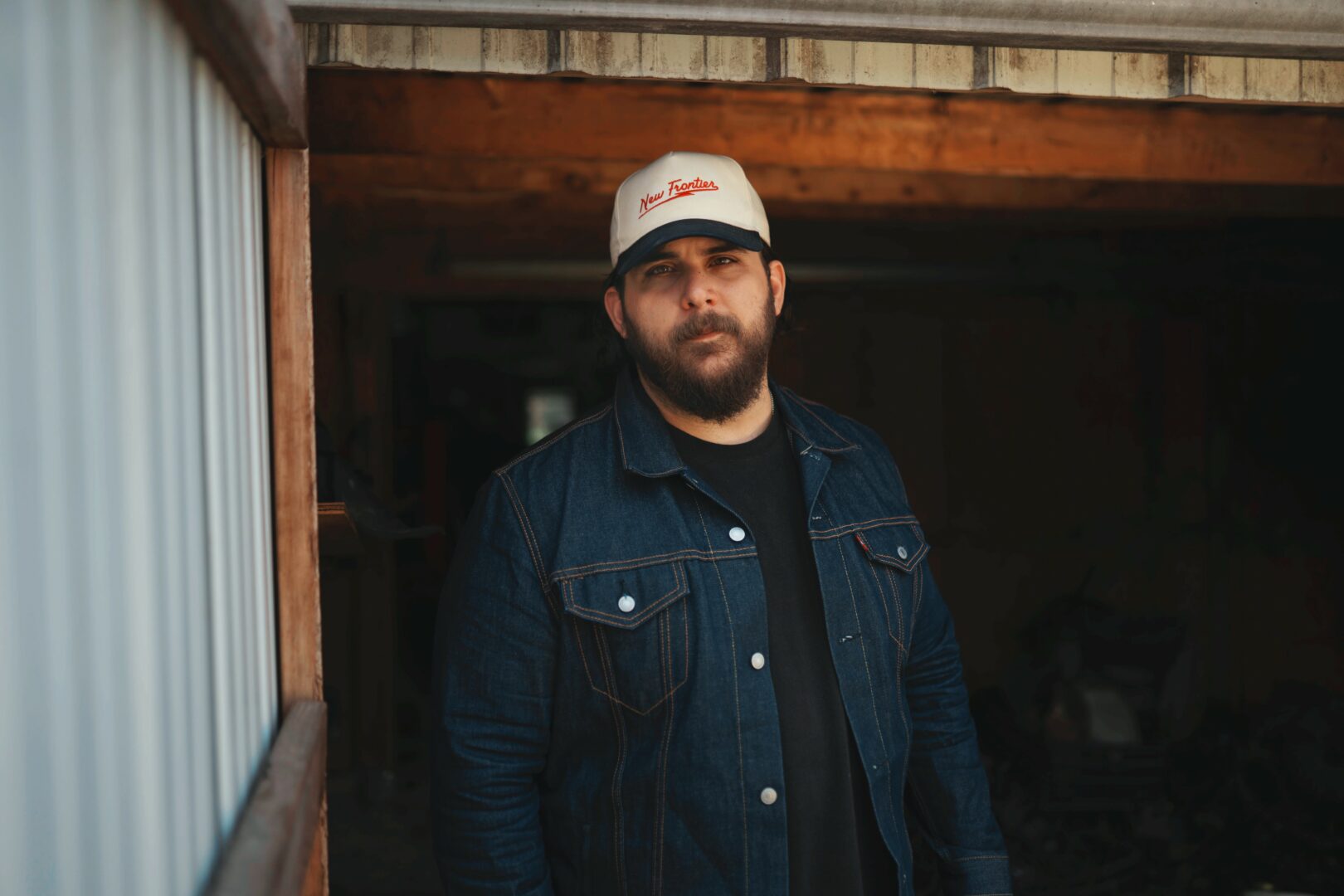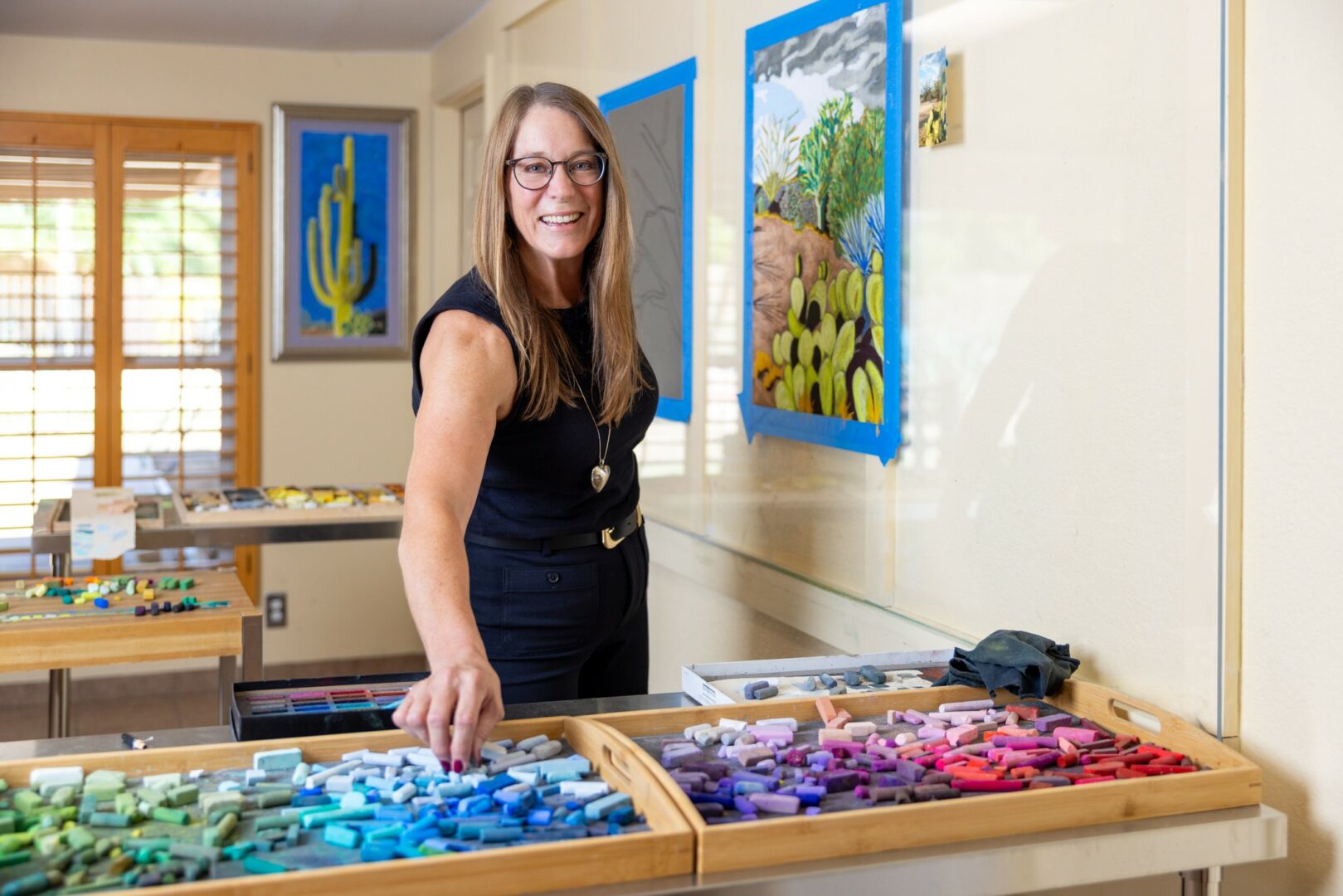Gail, so great to be with you and I think a lot of folks are going to benefit from hearing your story and lessons and wisdom. Imposter Syndrome is something that we know how words to describe, but it’s something that has held people back forever and so we’re really interested to hear about your story and how you overcame imposter syndrome.
I don’t know that I’ll ever fully “overcome” imposter syndrome — or even that I’d want to. I think most of us will always have moments where those familiar internal narratives pop up: “Am I good enough?”
“What if someone figures out I’m not really that _____?” (knowledgeable, capable, intentional, smart… the list can go on forever.)
What I’ve learned is that imposter syndrome usually shows up for me when I’m doing something new — when I’m stretching myself, trying something bigger, or entering a season of growth. When the path isn’t fully clear and I’m choosing to move forward anyway, that “imposter monster,” as my therapist calls it, loves to prey on insecurity and convince me that discomfort means inadequacy.
Instead, I’ve started interpreting those moments as signs of expansion. They’re reminders that I’m learning new skills, gaining new experiences, and increasing self-awareness. The discomfort is actually pointing me toward opportunity.
Seeing imposter syndrome in that light gives me more power and agency. It means I’m choosing the shaky ground — I’m stepping into the unknown on purpose. And sometimes, the answer is also, “Not yet.” I can ease up, slow down, and offer myself compassion rather than pressure.
So for me, “overcoming” imposter syndrome isn’t the goal. I want to keep growing, stretching, experimenting — to stay in the process of becoming. And if imposter syndrome is along for the ride, then at least it’s proof I’m still moving forward.
Thanks, so before we move on maybe you can share a bit more about yourself?
I’m Gail — a Licensed Professional Counselor, Licensed Marriage & Family Therapist, and ICF leadership coach based in Northwest Arkansas. I’ve spent more than 15 years helping people explore their own potential — whether that’s in their personal lives, their relationships, or their careers. I genuinely believe that exploring potential in ourselves and others is one of the most meaningful things we can do.
Over the years, I’ve worked with individuals, couples, and teams in a variety of roles, including serving on a senior leadership team for an Inc. 5000 mental health organization. Those experiences shaped not only my skill set, but also my values around leadership, integrity, boundaries, and overall wellbeing. When I realized I needed more alignment and autonomy in my work, I made the leap to start my own practice — Fleuri. Fleurir is a French word meaning “to grow” or “to flourish.” Starting Fleuri was an act of choosing my own growth—and creating a business rooted in the growth and flourishing of others.
Fleuri is more than a therapy practice — it’s a space for people to reconnect with who they are, clarify what they want, and confidently build the life and relationships they desire. I offer therapy to high-functioning, change-oriented adults and couples, clinical supervision for emerging therapists, and leadership coaching for professionals and teams navigating the inevitable challenges that arise in leadership — communication, conflict, values, goals, productivity, and more.
My clients tend to come to me when:
• They feel successful on the outside, but overwhelmed or disconnected on the inside
• Their relationships are functioning, but not flourishing
• They want to lead with confidence while staying grounded in their values
A big part of what sets me apart is my blend of clinical expertise with leadership development. I’m comfortable sitting with vulnerability — and just as comfortable strategizing tangible next steps. I help people look inward, and then move forward.
In both therapy and coaching, I create a space that is warm, collaborative, and deeply respectful of each person’s strengths. I don’t view clients as problems to solve — I see them as humans full of potential who deserve support, clarity, and tools that actually work.
What I’m most proud of — personally and professionally — is modeling what I teach. I made the decision to bet on myself, to build a business aligned with my values, and to lead myself with compassion and courage. That ripple effect touches my family, my clients, and the community I get to serve.
If there’s one thing I want people to know about Fleuri, it’s that growth doesn’t have to feel lonely. Whether someone is healing old wounds, strengthening connection in their relationship, or stepping into a bigger leadership role — I’m here to walk that path with them.
Looking back, what do you think were the three qualities, skills, or areas of knowledge that were most impactful in your journey? What advice do you have for folks who are early in their journey in terms of how they can best develop or improve on these?
Saying “yes” to growth Leaning into my own potential has required courage — courage to be vulnerable, to fail, and to stay curious about my blind spots. Growth isn’t comfortable, and it’s rarely flattering. But every meaningful step in my career began with a willingness to stretch beyond what I already knew I could do.
Committing to long-term goals
Some of the most transformative milestones in my life took years — completing graduate school, earning full licensure, pursuing specialized certifications, and eventually launching my business. Each required time, consistency, and resilience. Achieving the goal matters, but the process is what changes you. The trying, failing, recalibrating, and trying again — that’s where confidence and resilience are built.
Investing in others
Growth expands when it’s shared. Mentoring therapists-in-training, supporting leaders, and cheering on clients as they step into their potential has been one of the most rewarding parts of my work. Giving back reinforces what I’ve learned and keeps me aligned with my purpose.
My advice for those early in their journey:
Pick one area to grow, and focus on it with intention. Assessments, feedback from trusted peers, or honest self-reflection can help pinpoint where to start. Then immerse yourself — read, practice, experiment, get support. Progress happens when learning, courage, and consistency meet.
You don’t have to transform everything at once.
Commit to one step of growth at a time — and trust that those steps will take you somewhere meaningful.
Thanks so much for sharing all these insights with us today. Before we go, is there a book that’s played in important role in your development?
Hands down, Dare to Lead by Brené Brown has been the most impactful book for me across every role I’ve held. It’s full of powerful insights, but the one I return to most is the importance of being crystal clear about my personal values.
Values are an anchor — especially when life feels untethered or uncertain. They remind me of how I want to show up, guide me back when I’ve drifted, and sometimes give me the courage to walk away when something no longer fits. Staying aligned with my values — and offering myself compassion when I’m not — keeps me rooted in who I am becoming.
I’ve also learned that values can evolve over time. Different seasons may call for different focus, so regularly reevaluating what matters most helps me stay centered and intentional.
Brown says:
“A value is a way of being or believing that we hold most important. Living into our values means that we do more than profess our values — we practice them. We walk our talk — we are clear about what we believe and hold important, and we take care that our intentions, words, thoughts, and behaviors align with those beliefs.”
This has become a touchstone in how I lead, how I care for others, and how I continue to grow.
Contact Info:
- Website: https://growwithfleuri.com/
- Instagram: https://www.instagram.com/growwithfleuri/
- Linkedin: www.linkedin.com/in/growwithfleuri
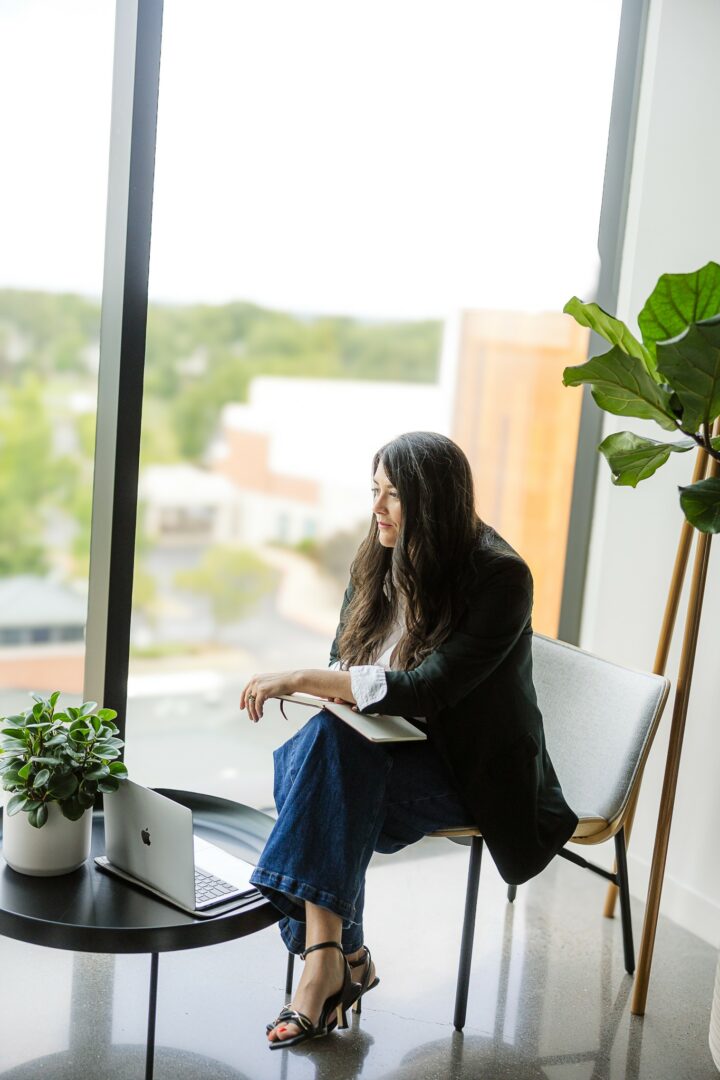


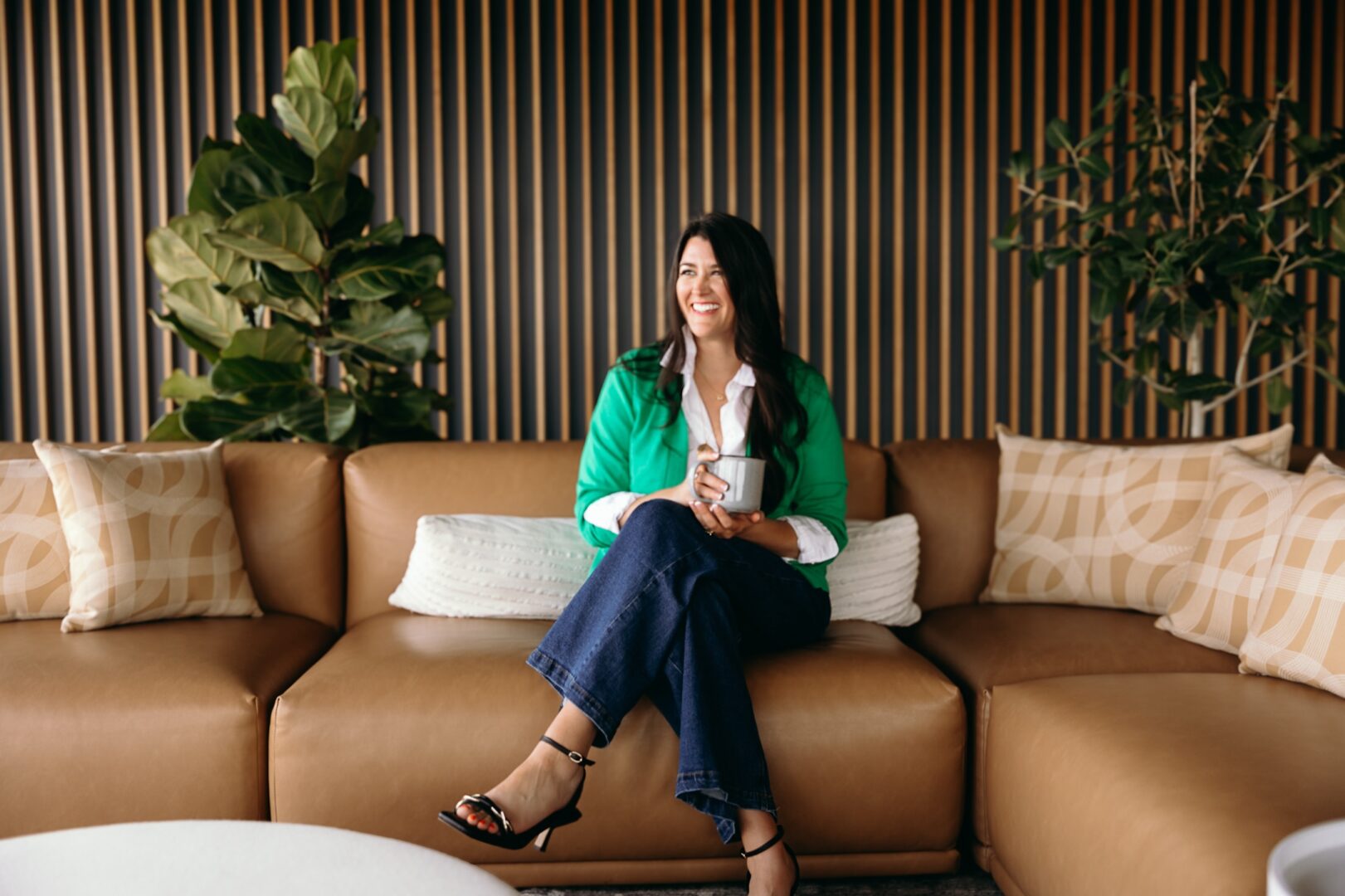
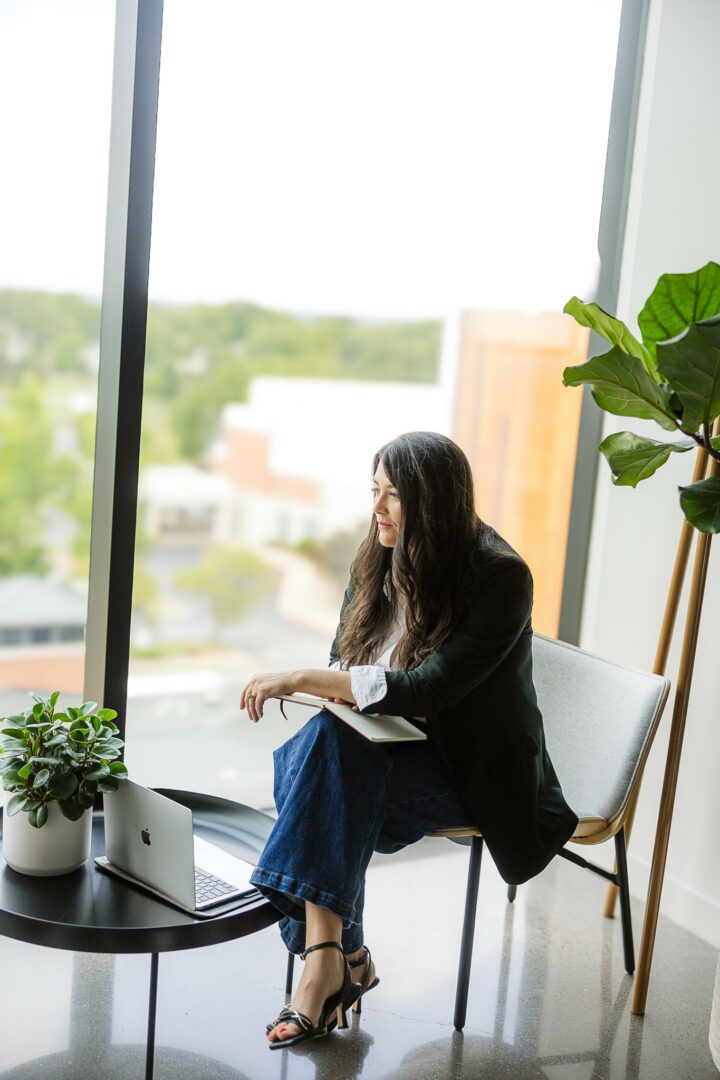


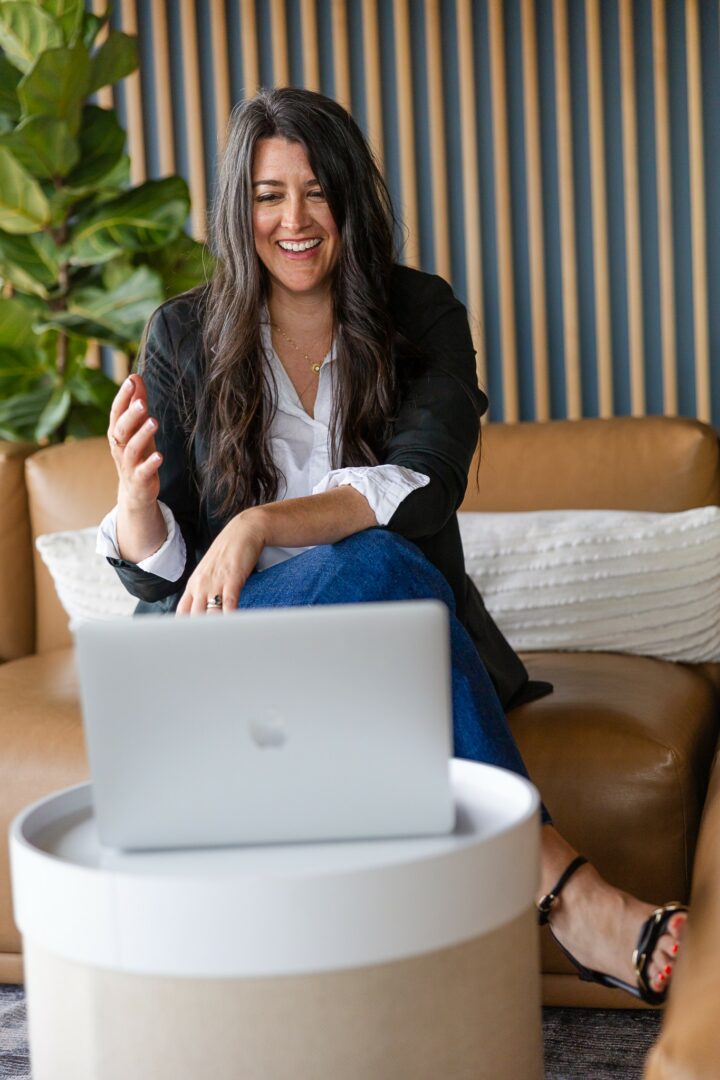
Image Credits
Lia Michelle

